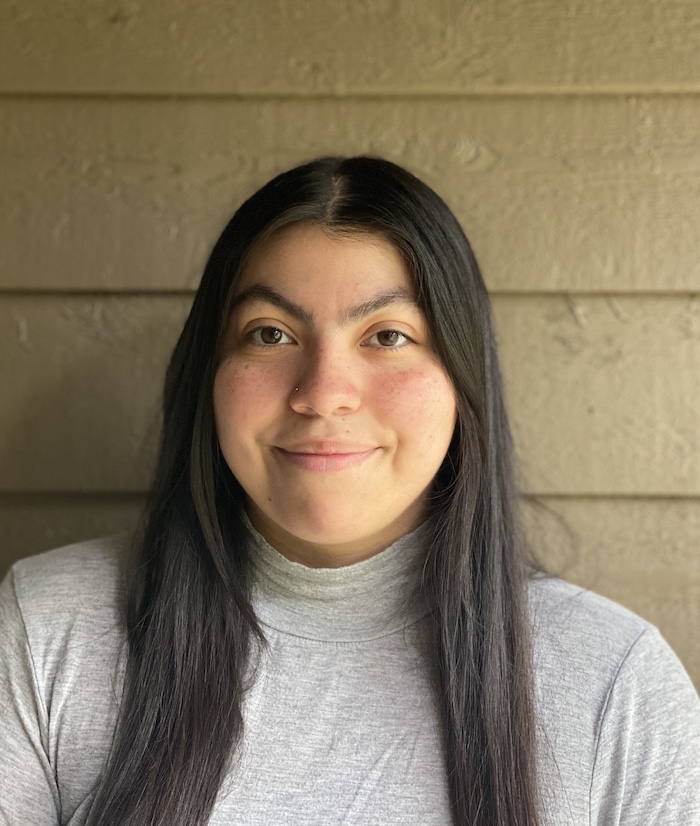
In 2021, the Geneva Convention ("Refugee Convention"), the main legal instrument of international protection turns 70. The Convention sets out a legal framework for asylum and has assisted millions of displaced persons over many decades.
At 70, the Geneva Convention operates in a context of the highest levels of displacement on record. Nearly 71 million people are currently forcibly displaced. This includes 41 million people that are internally displaced, 26 million refugees and nearly 4 million asylum-seekers. Displaced persons find themselves in grey areas of protection while in flight and in host communities with (in)justices mounting.
Displacement – the act of being forcibly (re)moved from a place – is inherently a matter of (in)justice as it transcends various intersecting spaces and time. (In)Justice in relation to displacement can be conceived of as a way to redress the impacts of displacement while it also can be conceived of a way to redress the sources of displacement.
Displacement and (in)justice carry unique local impacts in Portland. Portland’s history of displacing marginalized groups has left a significant mark on the city and has affected its black, queer, indigenous, migrant, and houseless populations in significant ways.
The theme "Displacement and Justice" provides an opportunity to explore an ever-pressing topic through teaching, research, and community engagement.
University of Portland
5000 N. Willamette Blvd.,
Portland, Oregon 97203-5798
503.943.8000
This website uses cookies to track information for analytics purposes. You can view the full University of Portland privacy policy for more information.



